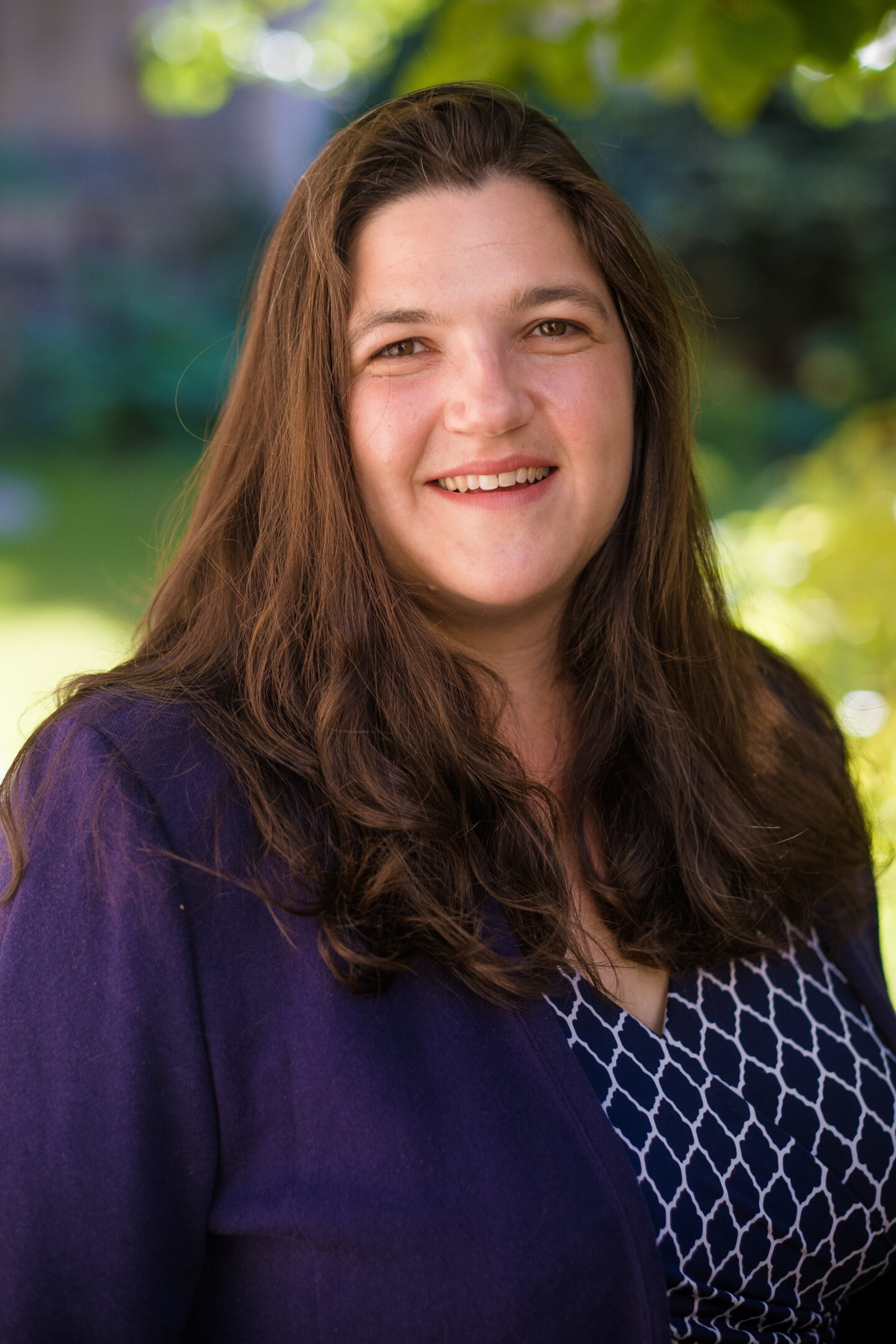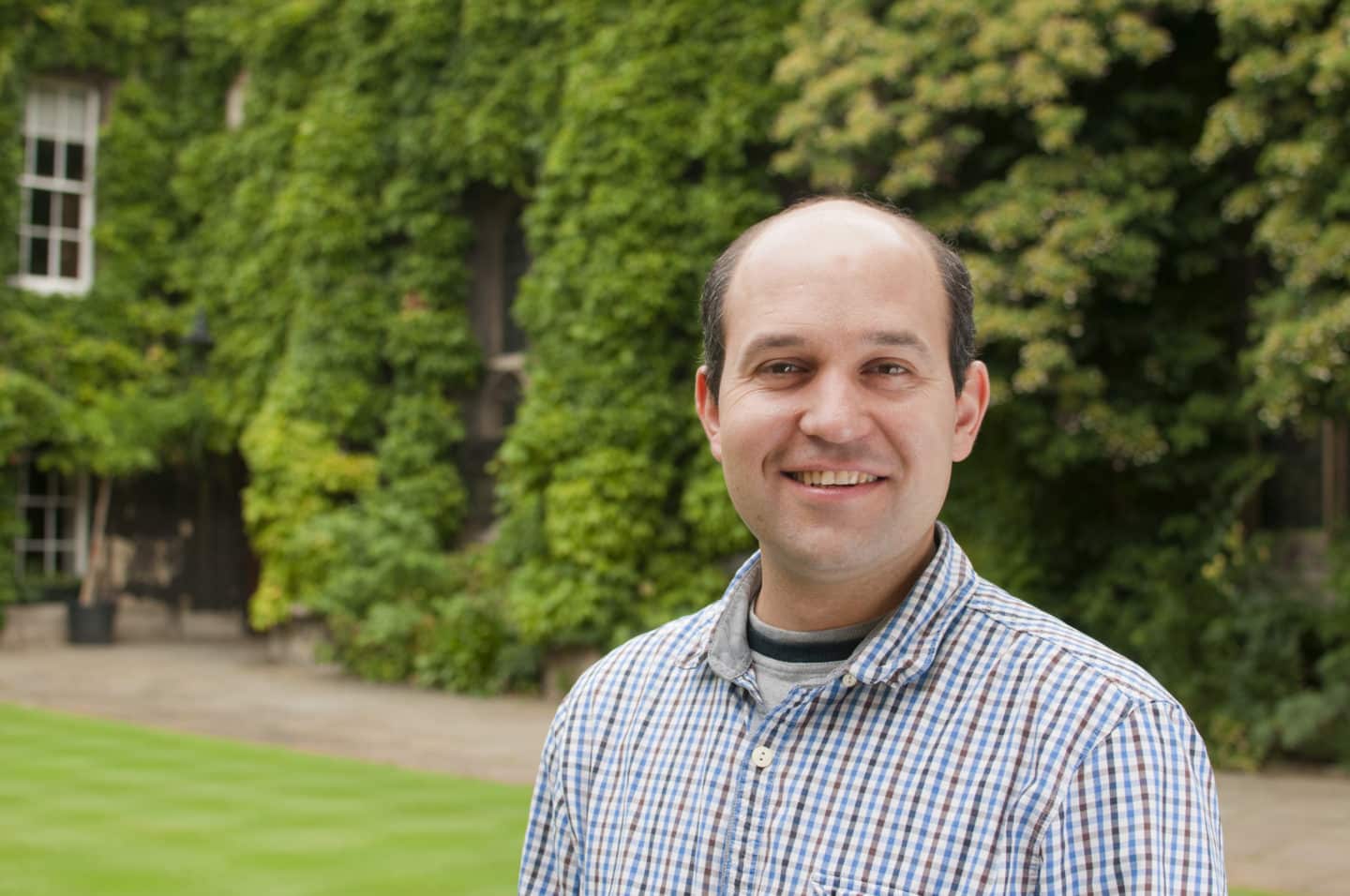Physics Reading Lists
Welcome Letter from Physics Tutors
Dear Incoming Lincoln Physicist,
Welcome to Lincoln College! We look forward to seeing you in October. This letter discusses some preparatory work you can do to get ready for the physics course at Oxford. In addition to preparatory work material, you will also find a Freshers’ Guide and information about the induction programme that all students need to attend in 0th week, make sure to read carefully the timetable and attend all required sessions. More information about life as a first year physicist in Oxford (what a typical day might look like etc.) can be found in the Physics Freshers Guide.
In terms of preparatory work to do before you come to Oxford, there are three areas where this would be particularly useful: computing, maths and mechanics. Being able to write a computer programme is an important skill for all physicists. Please make sure that you go through the computing bridging document before arriving in Oxford.
You will find that the physics course here is more mathematically demanding than your A-level course since half the tutorial work in your first year will be maths. This is because most of the physics covered in the later years needs mathematical methods that go well beyond even Further Maths at A-level. Our course is designed such that students who have not done double maths at A-level (or a comparable course) can understand these methods. As a result, single maths students may find the first year pretty tough but this preparation will form a useful foundation. Even if you have done double maths, you will begin to meet new material quite soon in the first term, so it is important not to think you know it all: you could soon get left behind. So we want your maths up and running when you get here!
On the physics side, the first subject you will study is mechanics. Students find mechanics difficult even if they have studied it at A-level. One reason for this may be that the mechanics course uses of a significant amount of maths (e.g. differential equations, and complex numbers). Another reason is that, while students can cope quite well with the maths on its own, what they find hard is combining maths with the physics. This involves, first, taking a problem posed in ordinary language and setting it up in precise mathematical terms. Then we use mathematical techniques to obtain a solution that we finally translate back into physical terms. This process may not be very familiar to you from A-level, but it is going to be very important in your course at Oxford and it is a skill highly prized by employers! This is why we want to use the mechanics course to introduce students, right at the start, to mathematically-based problem solving, and why we think some preparatory work on mechanics problems will be useful for you.
To help you on the way, we attach an introductory problem sheet for you to attempt before you arrive at Oxford. Work your way through the problems and look up any answers or methods you do not know. You do not need to worry if any of these questions present difficulties. The object is simply to inform your Tutors of what you know and what you have not covered. Much of this material is reviewed in lectures in the first few weeks of the term. You will separately submit the maths and mechanics sections to different Tutors in the fall.
You should also have received details of the MPLS (Mathematical, Physical, and Life Sciences) Bridging programme. We recommend that you work through the programme before you arrive. You can find more details at http://mplsbridging.conted.ox.ac.uk.
Oxford Physics also provides self-study materials to help new students make the transition from school to university level mathematics. These are based on the FLAP (Flexible Learning Approach to Physics) modules developed by the Open University. You can download FLAP modules from http://www.met.reading.ac.uk/pplato2 (the first module is M0.0, the next one is M0.1 etc.).
We hope this helps you prepare for your first year here. Enjoy the rest of your summer and we very much look forward to meeting you in October.
The Physics Tutors at Lincoln,
Prof Kimberly Palladino, Dr Felix Tennie, Dr Joe Field, and Prof Radu Coldea
August 2024

Prof. Kimberly Palladino

Prof. Radu Coldea